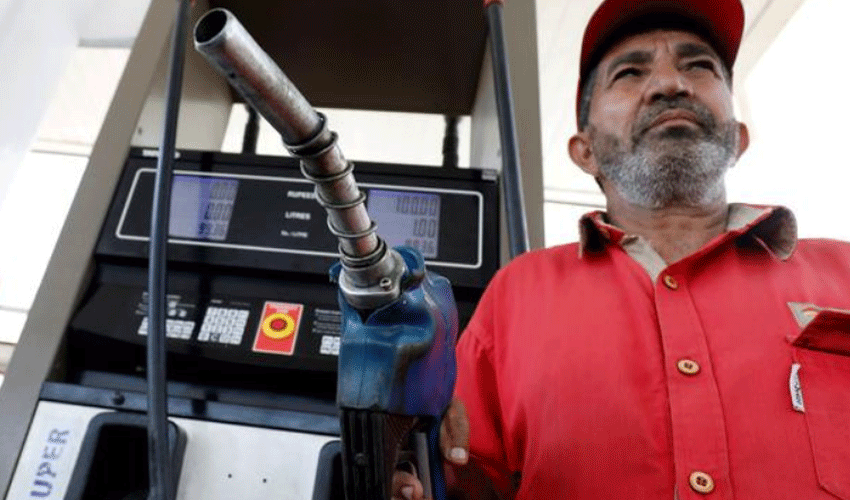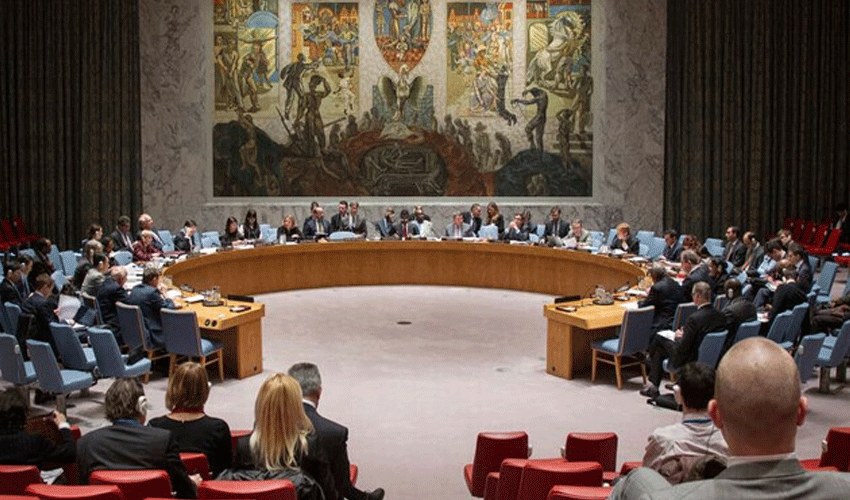The annual inflation rate has dropped to 6.9% in September, marking a significant decline from last year's alarming 31.4%, according to the latest data released by the Pakistan Bureau of Statistics (PBS).
This is the first time in months that inflation has fallen to single digits in a positive turn for Pakistan's economy.
The monthly inflation rate also saw a reduction of 0.5% compared to August 2024, when inflation stood at 9.6%. This decline has brought inflation levels lower than the government’s projections of 8-9% for September and October. The inflation rate in September 2023 was 31.4%.
Breaking down the figures, urban areas witnessed an inflation rate of 9.3%, while rural regions experienced a much lower rate of 3.6%.
Also Read: Govt announces reduction in petrol, diesel prices from Oct 1
The Federal Bureau of Statistics report highlighted a considerable decrease in the prices of essential food items. In September, tomatoes became cheaper by 24.34%, vegetables by over 18%, and fruits saw a price drop of 4.49%. Wheat flour prices fell by 5.53%, while wheat itself became 4.46% cheaper. Pulses such as daal masoor and daal mash also saw reductions of 4% and 2.67%, respectively.
However, some food items experienced price hikes. In urban areas, gram prices increased by 15%, pulses by 13.48%, and eggs went up by 7.33%. Other notable increases include white gram (5%), onions (5%), spices (3.32%), and ready-made food items (2.54%). Meat and potatoes also became costlier, with price hikes of 2.37% and 1%, respectively.
On an annual basis, the overall prices of food items declined by 0.59%, though perishable food items saw an increase of 20.37%.
Also Read: Govt hikes LPG price by Rs7.31 per kg
Non-food items also exhibited price increases compared to last year. Clothing and footwear prices surged by 15.52%, while housing, water, electricity, and gas costs rose by 20.86%. Health services experienced a 13.69% increase, and education costs grew by 12.57%. Beverages and tobacco saw a 6.67% rise in prices over the year. However, there was some relief in transport fares, which decreased by 7.26% over the same period.
Hotel and restaurant charges increased by 9.14% compared to last year, further contributing to inflation in the services sector.
The sharp reduction in inflation comes as a relief to the public and the government, which has been under pressure to stabilize prices in light of fluctuating global markets and economic challenges.


























